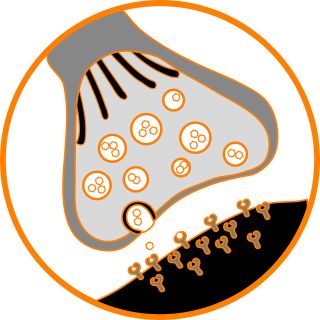Sleep
Why Do We Need to Sleep?
Neuroscience research provides some answers.
Posted June 13, 2023 Reviewed by Abigail Fagan
Key points
- Neuroscience research is revealing mechanisms underlying the purposes of sleep.
- During waking hours, new neuronal connections are made. During sleep, less important connections are weakened.
- This process allows for learning to occur the next day.

The purpose of sleep is widely regarded as a mystery yet to be solved. I have frequently heard laypeople, academics in other disciplines, and even sleep researchers say “Nobody knows why we sleep.” Recently I attended Sleep, the annual meeting of the Sleep Research Society and the American Academy of Sleep Medicine in Indianapolis and heard an invited address by Dr. Chiara Cirelli, a neuroscientist at the University of Wisconsin. The title was “The Burden of Wake and the Reasons of Sleep: How Sleep Promotes Synaptic Homeostasis”. In the presentation, Dr. Cirelli elegantly summarized some of what sleep neuroscience research has revealed in the last decade.
Her first point was that since we are relatively vulnerable when we sleep a large part of the 24-hour day, sleep must serve a very important function, or evolution would not have selected for it. Early humans had to hunt and gather food, find and build shelter, and protect themselves from predators and competing groups. Those activities consume a lot of time, so unless sleep served very important purposes, those who slept less would have an advantage. Yet sleeping for long hours of the night was maintained over the millennia. But until recently, scientists had only vague ideas about what exactly happens during sleep that is so beneficial.
Neurons in the brain are connected through synapses, the junctions that allow linkages of neural networks whereby signals are transmitted throughout the brain and onto cells in all parts of the body. During waking hours, new learning can strengthen connections through an electrophysiological process called potentiation. You can think of knowledge you have that has been acquired over long periods of time as a group of well-connected neural paths. When you learn something new, new paths are connected to the older, already-established paths. During the waking hours, your brain processes massive amounts of new information through the sensory systems. Some of that information seems trivial, such as remembering where you parked your car. But that memory (which is often weak!) has to be preserved at least until you reach the car. It establishes a connection to your memory of what your car looks like, a well-established “old” memory. The brain creates multitudes of these kinds of connections daily. During the course of the day, the connections can become “saturated” such that even though there are billions of neurons and trillions of connections among neurons, particular circuits can become overwhelmed. Everyone is familiar with the concept of “information overload” whereby new information is being processed too fast to accommodate it all.
Dr. Cirelli explained that during sleep, a great many synaptic connections are weakened so that connections are more available for new learning the next day. Continuing with the parked car example, the exact location where the car was parked is not needed again, so the connections made are weakened. In fact, if it were not, you might retain memories of hundreds of places where you have parked, leading to considerable confusion! Evidence is available from multiple independent labs conducting studies on animals and humans that show weakening through measurement of the processes in several ways: by measuring electrical potentials; assessing molecular changes; and observing structural changes. Furthermore, genetic research is revealing which genes direct these processes to unfold. If you don’t sleep, or if you sleep less than an optimal number of hours relative to your typical sleep period, learning may be compromised the next day. This body of research adds to that showing other benefits of sleep such as downregulation of emotional arousal and clearance of waste byproducts of metabolism.
You don’t have to be a scientist to understand that not sleeping at all or not sleeping well exerts a cost in terms of next day functioning — this is common cultural wisdom. This research is an example of science showing the “why” and “how” mechanisms and physiological processes that underlie that wisdom.
References
Cirelli, C. (2023, June 5). The burden of wake and the reasons of sleep: How sleep promotes synaptic homeostasis. Presented at Sleep, the annual meeting of the Sleep Research Society and the American Academy of Sleep Medicine. Indianapolis, IN.


